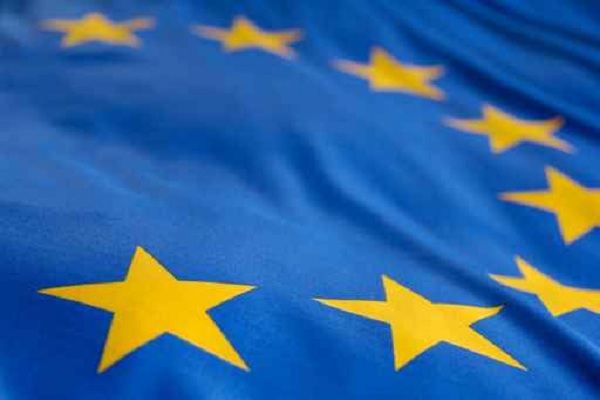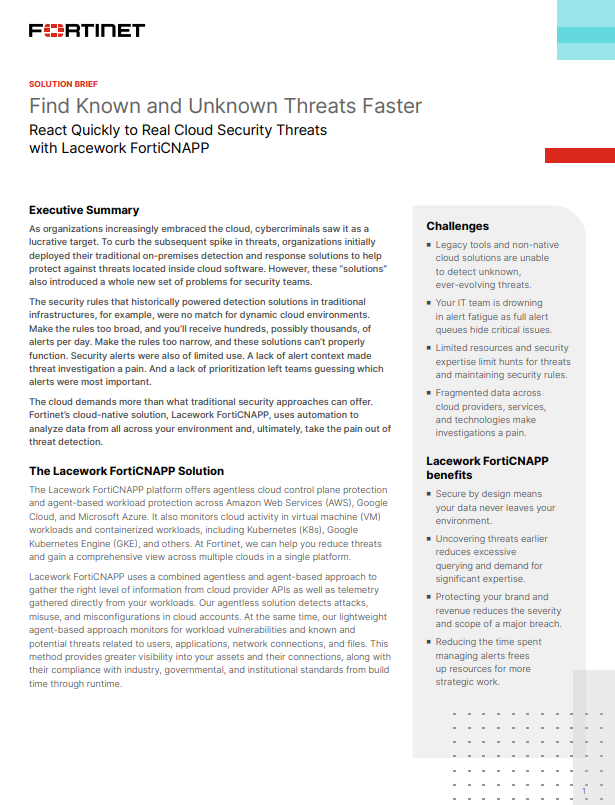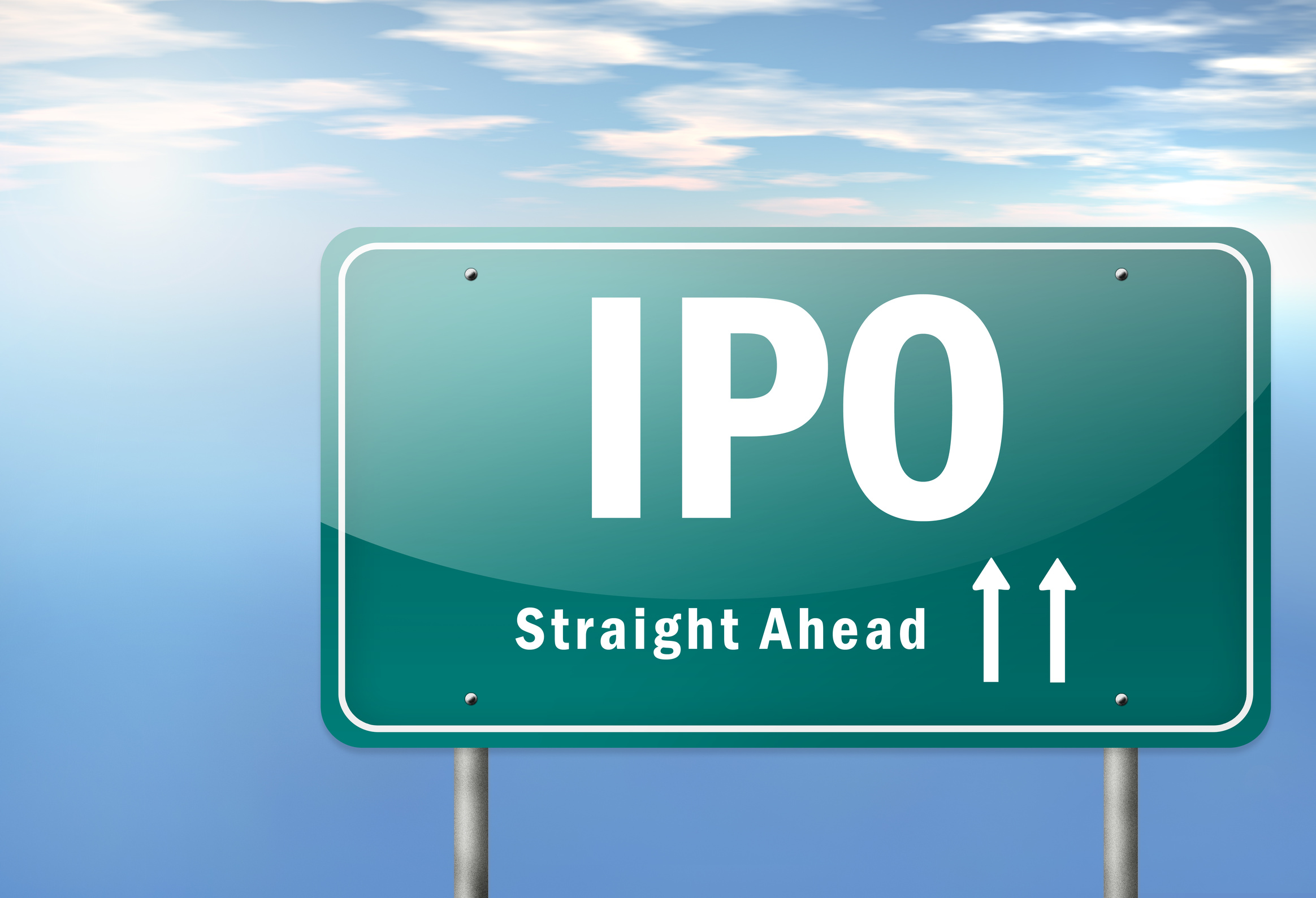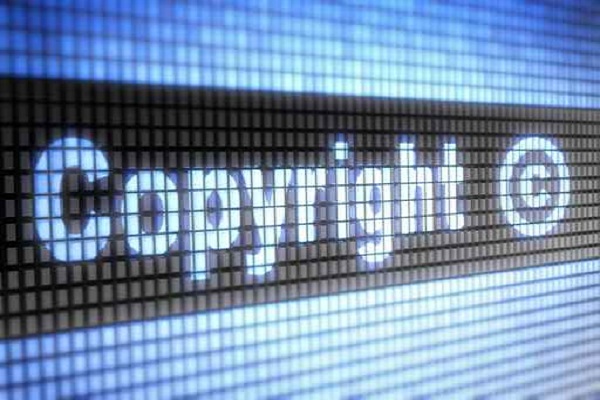EU Trademark Rule blamed for spiralling cost of enterprise IT
IT repair firm Comtek claims EU rules on parallel imports could result in job losses and extortionate IT costs for enterprise users.

The misinterpretation of rules governing the import of new products into the EU could have disastrous consequences for the refurbished kit market and cause enterprise IT costs to soar.
This is the stark warning given by the chief executive of IT repair firm Comtek, Askar Sheibani, who described the EU's Trademark Rule as a "dangerous" and "poorly constructed" piece of legislation.
The EU Trademark Rule is designed to prevent the import of new products into the EU without the express permission of the vendor that makes them.
It also states that second-hand goods sold within the EU must have been purchased from an authorised dealer from another member state.
Manufacturers are acting unethically and trying to wipe out the second-hand IT industry.
However, Sheibani claims the legislation is being unfairly used by IT manufacturers to clamp down on European sales of second-hand kit.
"If you are a trader and buy a second-hand product from another person and sell it somewhere else, the manufacturer could claim that you have imported that product without their authorisation from abroad and the onus is on you to prove otherwise," Sheibani told IT Pro.
Get the ITPro daily newsletter
Sign up today and you will receive a free copy of our Future Focus 2025 report - the leading guidance on AI, cybersecurity and other IT challenges as per 700+ senior executives
"The manufacturers are acting unethically [by doing this] and trying to wipe out the refurbished and second-hand IT industry."
Sheibani claims to be one of a number of concerned parties from within the refurbished market that are calling on the EU to tweak the legislation, explaining that it was never intended to be used in the way that vendors are.
"I have contacted our European Parliament representative and a lot of other organisations are talking to their representatives, asking for the law to be changed," he said.
Another reason Sheibani is campaigning against the policy is because he claims that it directly contradicts the WEEE directive, a law that encourages people to reuse and recycle electronic equipment.
"The two directives completely oppose each other," he added. "[The Trademark Law] could have a major impact on the industry, destroying jobs and the environment, but it was never intended to do that."
Mike Sheldon, chief executive of used IT equipment vendor Network Hardware Resale, also slammed the legislation for restricting the supply of IT goods within the EU and, in turn, artificially inflating prices.
However, he said the majority of second-hand kit vendors operate within the law, meaning their supply chains should be unaffected.
"This does not change the reality that EU businesses are paying high prices, while manufacturers are selling the very same items for much less overseas," Sheldon told IT Pro.
"The exact same item sold for 1,000 in the UK, for example, may sell for 400 in China, and Trademark Law protects the manufacturer from those identical items being imported into Europe and lowering prices. How does that benefit anyonebut the manufacturer?"
-
 Neural interfaces promise to make all tech accessible – it’s not that simple
Neural interfaces promise to make all tech accessible – it’s not that simpleColumn Better consideration of ethics and practical implementation are needed if disabled people are to benefit from neural interfaces
By John Loeppky
-
 Solution Brief: Find Known and Unknown Threats Faster
Solution Brief: Find Known and Unknown Threats FasterDownload Now
By ITPro
-
 Truss seeks last-ditch SoftBank meeting over Arm IPO
Truss seeks last-ditch SoftBank meeting over Arm IPONews Gov said to want a dual New York-London listing, at the very least
By Bobby Hellard
-
 Pivotal believes IPO will net $592 million
Pivotal believes IPO will net $592 millionNews Dell's cloudy subsidiary details IPO plans in filing
By Clare Hopping
-
 Slump raises questions over tech IPO valuations
Slump raises questions over tech IPO valuationsNews Shares in major tech firms dip, but are more losses to come?
By Zach Marzouk
-
 Spotify 'might ditch an IPO in favour of direct listing'
Spotify 'might ditch an IPO in favour of direct listing'News Report - move would see the company bypass institutional investors
By Adam Shepherd
-
 CLA CIO Adam Sewell on selecting Microsoft Azure for ‘contractual reasons’
CLA CIO Adam Sewell on selecting Microsoft Azure for ‘contractual reasons’In-depth Cloud has brought issues with contracts, terminology and skills, says Sewell
By Sooraj Shah
-
 Snap IPO value hits $30 billion at close of market
Snap IPO value hits $30 billion at close of marketNews Shares jump 44% as investors get behind stock market debut
By Eleanore Ramsey
-
 European copyright law: how it affects you
European copyright law: how it affects youIn-depth The EU is looking to harmonise copyright law, and Google isn’t happy. But should you be?
By Web User
-
 Former employee accuses Snapchat of 'misrepresenting growth'
Former employee accuses Snapchat of 'misrepresenting growth'News The whistleblower is now suing Snapchat for intentionally "seeking to destroy his career and reputation"
By Dale Walker